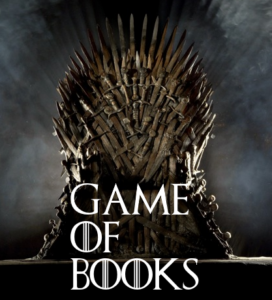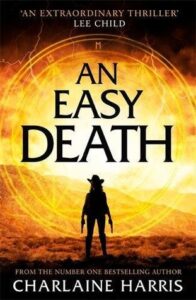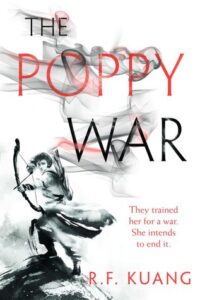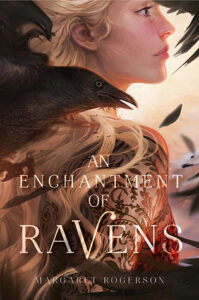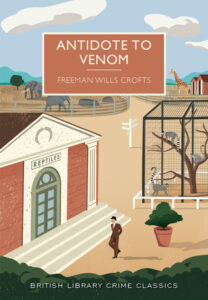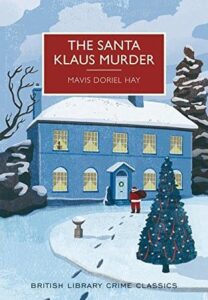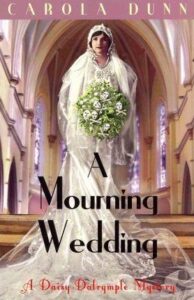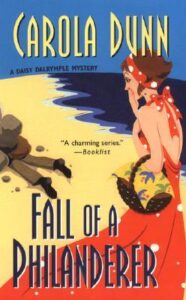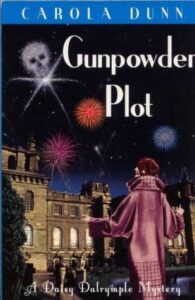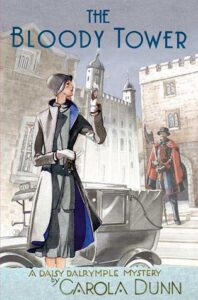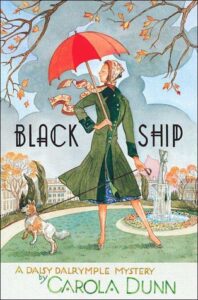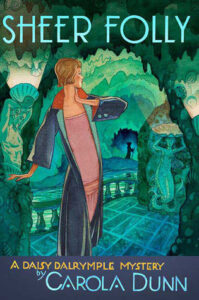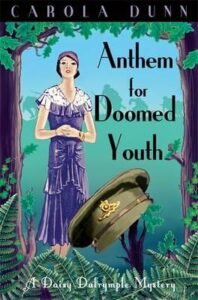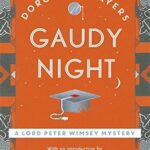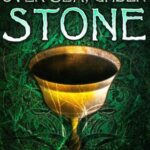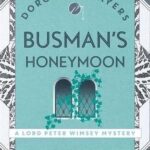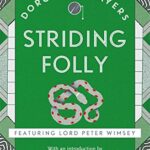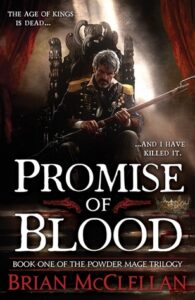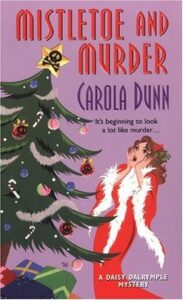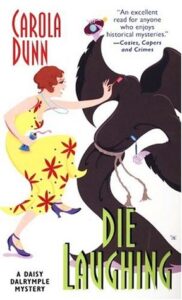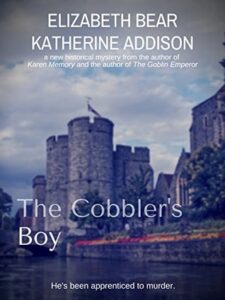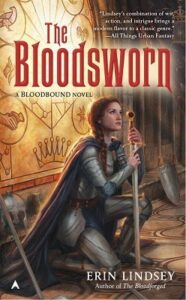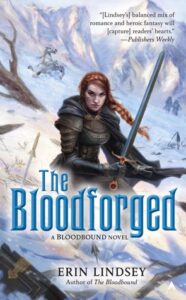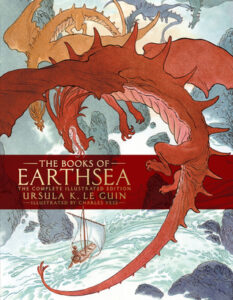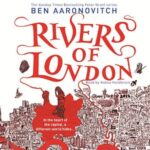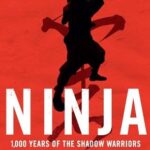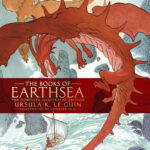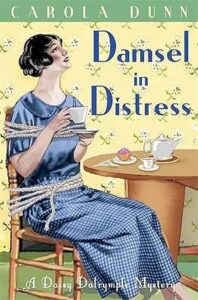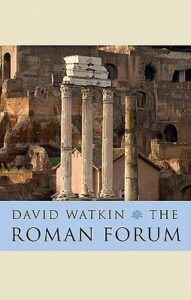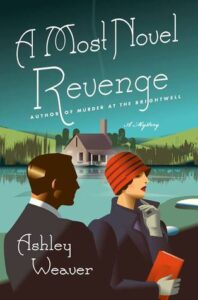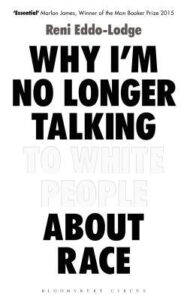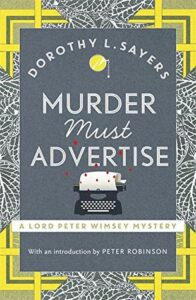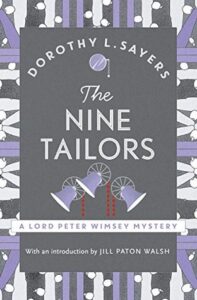This tag caught my attention — particularly since I had it by way of Calmgrove, who rarely (if ever) goes in for anything uninformative and dull.
1. The last book I gave up on: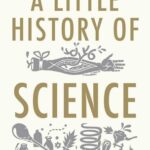
Apparently it was A Little History of Science, by William Bynum. I didn’t think much of it; not only was it very brief and obvious for someone with my level of background knowledge — not that I’ve ever particularly studied the history of science, but the Open University is pretty keen on giving credit where it’s due and describing how discoveries were made — but there were things that were just plain wrong. Neither hieroglyphs nor Chinese characters are purely “pictographic” languages…
2. The last book I re-read:
I’m still in the middle of doing it: The Dark is Rising, by Susan Cooper. It’s a seasonal reread for me, and I think I skipped last year, so it’s been good. Unfortunately, I think I’ve read it a bit too much; it’s overly familiar, these days, and has got rather worn. I’m trying to remember to see the little touches that I always liked best — I’ve always wondered about things like who Cooper meant by the half-Viking English king who received a secret ship burial with the Sign of Water, for instance.
3. The last book I bought:
The Golden Thread: How Fabric Changed History, by Kassia St Clair. It looks satisfyingly wide-ranging — from Egyptian mummies to sports fabrics. I guess my appetite for this has been whetted by the Great British Sewing Bee, which has some references to where particular fabrics came from in the educational segments between challenges.
4. The last book I said I read but actually didn’t:
I don’t generally do this. So probably it’s something from university where I nodded and smiled through a lecture; I’m pretty sure I did actually finish Moll Flanders, but I might’ve abandoned Amis’ Money: A Suicide Note. Lor’, I hated that book. After that year I picked my own modules, of course, so there were much fewer things I just didn’t care to read.
5. The last book I wrote in the margins of:
I don’t do this to novels or even non-fiction I’m reading for fun, so the answer will be one of my textbooks. I think the last printed textbook the Open University sent me was Investigative and mathematical skills in science — I’m not sure now if Cell Biology or Human Biology had textbooks. If they did, then it will have been Unit 3: Challenging Cells, or some such title.
6. The last book I had signed: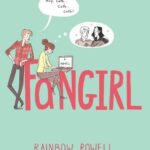
Hmmm! I think the last book I actually had signed in person might be Rainbow Rowell’s Fangirl, but I’m sure I’m forgetting something, since that was so long ago!
7. The last book I lost:
I can’t think of it, it’s so lost! I think I’ve misplaced copies between my various abodes, but always kind of knew the book would be at the other place. Last one I noticed was Blood and Circuses, by Kerry Greenwood, and I know now that my mother has that. Oh no, I’ve thought of one — I have no idea where my copy of The Positronic Man is, which is a shame, since I read that over and over (and for which I racked up the most glorious library fine in my history of library fines, at the tender age of nine).
8. The last book I had to replace:
I think The Dark is Rising might be coming up for a replacement, if I can find a copy with the right kind of font. (I hate the big font used in a lot of children’s books!) I tend to be a fairly careful reader, so it’s not common. I know as a child my copy of The Eagle of the Ninth had to be replaced, possibly even twice; my mother read that to bits in tandem with me, though, as we both loved it.
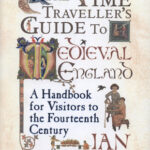 9. The last book I argued over:
9. The last book I argued over:
I keep having people argue with me over my distaste for Ian Mortimer’s The Time Traveller’s Guide to Medieval England. I’m thinking of getting up a bingo card for it with squares for ‘I’d like to see you do better’ and ‘life was just like that for women’.
10. The last book I couldn’t find:
Isn’t that more or less the same question as #7? Unless lost means ‘you definitely know you won’t get it back’, in which case my answer for #7 should’ve been my copy of The Gormenghast Trilogy, which a flatmate of mine carried off and never returned — we’ve pretty much lost touch now, so it’s lost to time for me, I think.
 What are you currently reading?
What are you currently reading?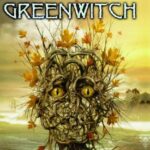 What have you recently finished reading?
What have you recently finished reading?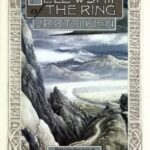 What will you be reading next?
What will you be reading next?
